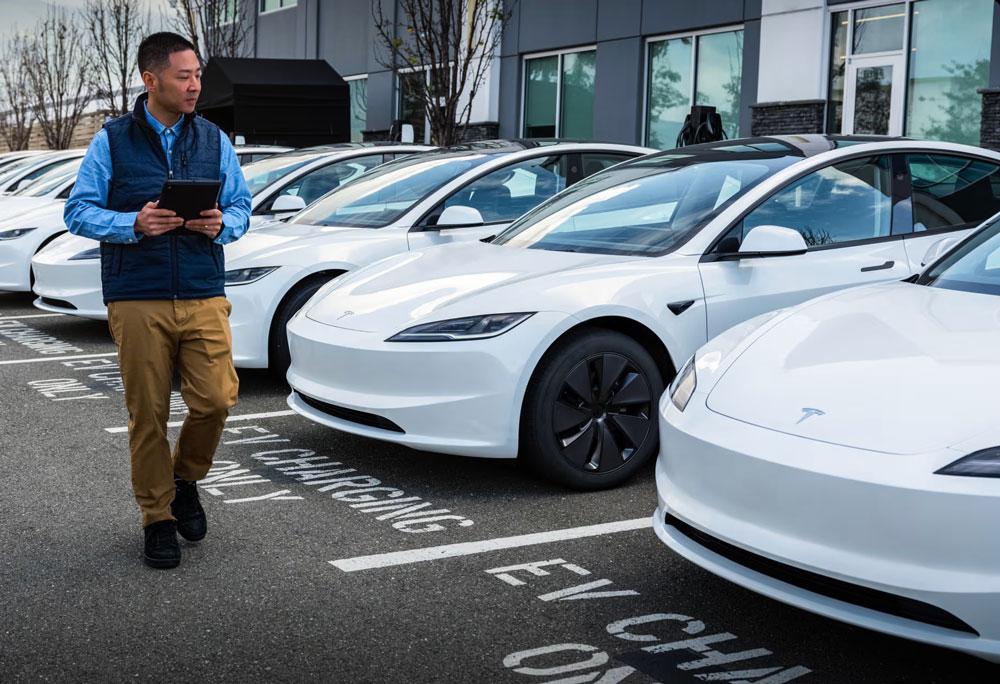Nearly half of the company cars delivered in the first quarter of 2023 were battery electric vehicles (BEV), according to the latest BVRLA Leasing Outlook Report data.
BEVs were responsible for 49 per cent of new business contract hire cars. The salary sacrifice market has grown 41 per cent year-on-year, with 91 per cent of registrations pure electric. These figures are in stark contrast to the retail market, where BEV sales were responsible for 16 per cent of new sales and one per cent of used purchases in the first quarter.
“We have had a two-tier transition to zero emission motoring for some time and this growing gap between the fleet and retail sectors’ appetite for decarbonisation could put the 2030 phase-out target in jeopardy,” said BVRLA Director of Corporate Affairs, Toby Poston.
“All these fleet BEV registrations will hit the used market in three or four years’ time. The last year has already shown an increasing imbalance between the fast-growing supply of used electric cars and demand that isn’t keeping up. We are working with policymakers, members and colleagues from across the industry these used market barriers.”
The van sector has performed particularly strongly as contract hire – BVRLA members now operate 100,000 more vans than they did pre-pandemic.
The biggest winner has been salary sacrifice schemes, with a 41% year-on-year rise in volumes as employees, including drivers who had previously accepted a cash allowance in lieu of a company car, have seized this cost-effective opportunity to access zero emission cars.
Elsewhere, the figures are more mixed. The 40.1 per cent increase in fleet car sales reported by the SMMT during the first quarter of 2023 has not filtered through to BVRLA members’ car fleet, which remained virtually static between Q4 2022 to Q1 2023, at 1,368,799 vehicles. On the plus side, the rising availability has allowed leasing companies to start replacing cars whose contracts had been extended, although supply is still insufficient to generate net growth. Some of the new fleet sales have also been channelled to other sectors, including rental and Motability, that have also been starved of supply.
There is a marked divergence in the fortunes of business and personal contract hire, with the former increasing its volumes year-on-year, while the latter has suffered a sharp decline. Business contract hire numbers rose by 3.5% between the first quarters of 2022 and 2023 to 789,742 cars, but personal contract hire declined by seven per cent over the same period to 303,092 vehicles.







